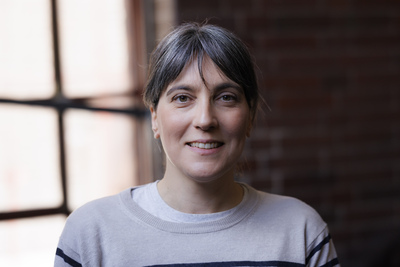Editor-in-chief at CORRECTIV

How can data journalism contribute to citizen empowerment and what resources can international NGO's such as Correctiv provide to enable new forms of data-driven local journalism?
The idea behind CORRECTIV.Europe, the project that I am currently leading at CORRECTIV, is that citizens in Europe - not only the EU - have similar problems but may not be aware of that. Local newsrooms that serve them may not have the resources to carry out the networking, data, and investigative efforts needed to bring up these common issues. On the other hand, because of their dimension, global events and trends can be daunting and leave citizens feeling helpless. However, many of those global phenomena have very local consequences. CORRECTIV.Europe wants to help local journalists network and investigate together so they can show the international connections of local issues. By putting this information in the hands of local media and, therefore, in the hands of local audiences, we want to give European citizens information to make decisions about relevant issues.
How do infrastructures matter for citizens?
The existence of well-funded, robust, modern public infrastructures that meet the population's needs guarantees equal opportunities and the protection and adequate development of the less privileged in a social state governed by the rule of law.
How should knowledge about infrastructures be communicated and what role can journalists, researchers or public officials play?
Public policies should ensure that these infrastructures meet the requirements mentioned above and make them easily accessible to citizens. Researchers and journalists play a fundamental role in identifying areas for improvement and, in the case of the former, solutions or alternatives to minimize problems.